(Re)Search
Free Resources for Dramaturgy Research
(Re)Search is a six part series by Bree Windham, a current graduate student in dramaturgy. It details her experiences as a young dramaturg navigating different resources and the ways she has come utilize them through trial, error, and advice from others.
It seems that more often than not I am assigned to a play that I know nothing about. For example, last spring I worked on a production of Patricia Burke Brogan’s Eclipsed. The play is about a group of young women who work in a penitential home doing a grueling amount of laundry day in and day out. I remember finishing my first reading of the play and thinking “Why don’t I know anything about Magdalene laundries in Ireland in the 1960s?” My initial response was to overcompensate and try to learn everything about the women and the time period. Does that sound a little unrealistic? Well it should!
When I research there is a fine line between wanting to become an expert and efficiently researching my topic. This struggle reminds me of when I used to work in our scenic shop as an undergrad. We hired some students from building science to assist on our builds. During strike, we learned the fundamental difference between the way we were trained to build and the way building science students were—We were building a set to safely last for a show and come down easily afterwards; they were building a set to stand the test of time. It’s precisely this struggle—finding the right balance of information— that makes the beginning of research more daunting than any other part of the process. So how does one walk this fine line? Start with the things you do know, and start with the sites with which you are familiar.
Google is a wonderful search engine, spewing thousands of results for every search. However, sometimes the start of research isn’t always the best time to have a lot of information thrown at you. I don’t always know exactly what I’m looking for in the beginning stage of research. Having too many options usually ends with me sidetracked watching kitten videos that have randomly popped up in my search. Wikipedia is a great cure for this. The entries are very broad in content, but specific enough that you will not end up too waylaid early on in your research journey.
When researching for a production, Wikipedia allows me to look at the big picture in a focused way. As a teaching assistant and a graduate student I understand that there is a lot of backlash when it comes to Wikipedia. Would I necessarily use Wikipedia in an academic setting? No. But if you’re using it for your own personal understanding, I think it’s a great starting point. The beginning of each entry has a useful “Contents” section that displays the major bullet points about your topic. Because Wikipedia is a very popular source, it will likely to also be the starting point for many people on your production team. You can use the “Contents” section as a ready-made, skeletal outline for your dramaturgical packet. Of course there will be information you will need to add. But, this will make the way you present the information seem familiar and help easily transition to the more in depth information you want to share. Don’t forget to check out the bottom of the Wikipedia page that contains the footnotes and citations to the information in the entry. This information is usually credible and expansive—it’s a good way to dig deeper into the specific topic you’re after.
When I research there is a fine line between wanting to become an expert and efficiently researching my topic.
Another resource that I use frequently is the Library of Congress (LoC) website. Not only do I love the content, but they also include their source copyright information. This is helpful if you are publishing your research, so you can use their information legally and knowledgeably. The only drawback I’ve found is that the website can be difficult to navigate if you are pressed for time. Make sure to look at the “American Memory Collection.” It contains some great performing arts information and media.
On more than one occasion my saving grace at LoC has been the “chat a librarian” and “ask a librarian” functions. I once worked on a production of Brighton Beach Memoires. Our set designer wanted to know if we could get copies of the Brooklyn Daily Eagle, which has been out of print since 1955. After contacting a librarian at the LoC with this request, she put me in contact with a library in Brooklyn who photocopied several newspapers and even mailed them to me free of charge. The information to contact a librarian is found under “Products and Services” section on the right hand side of the page. These librarians are great. In my experience, they will send you more information than you knew you needed.
The two free theater specific resources that I use the most are the Theatre Communications Group (TCG) website and the American Theatre Wing (ATW) website. I know this is just scratching the surface of what’s readily available online, but these two sites boast information that I use in almost every research project.
TCG’s “Tools and Research” section contains “Theatre Profiles” and “Theatre Facts.” “Theatre Profiles” has a great search engine for finding production histories. While you can only search TCG member theaters, there are seven hundred affiliates nationwide, including several universities. I found the education content in the “Tools and Research” section extremely helpful. I was able to reference case studies and statistics about educational theater as part of a study guide for younger theatergoers. And it’s free!
The American Theatre Wing website goes far beyond listing who won the Tony’s when. The “Theatre References” link points you to a variety of research resources. I end up using the links under the “Watch and Listen” section the most. They have an astounding amount of podcasts and videos with theater practitioners covering just about every area of theater. If you have never stumbled across these before, you are in for a treat!. The best part is you can also access these podcasts and videos for free on iTunes through the American Theatre Wing podcast. If you’re looking for more insight into someone involved in the show your researching, these interviews might be just what your research is missing.
While far from comprehensive, the websites I’ve mentioned are a great starting point for research. What websites would you recommend?

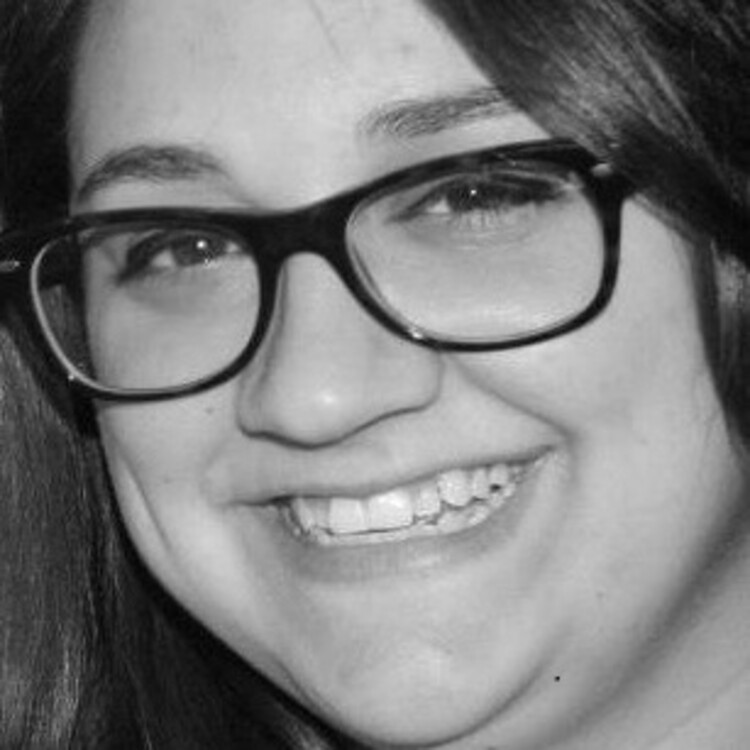
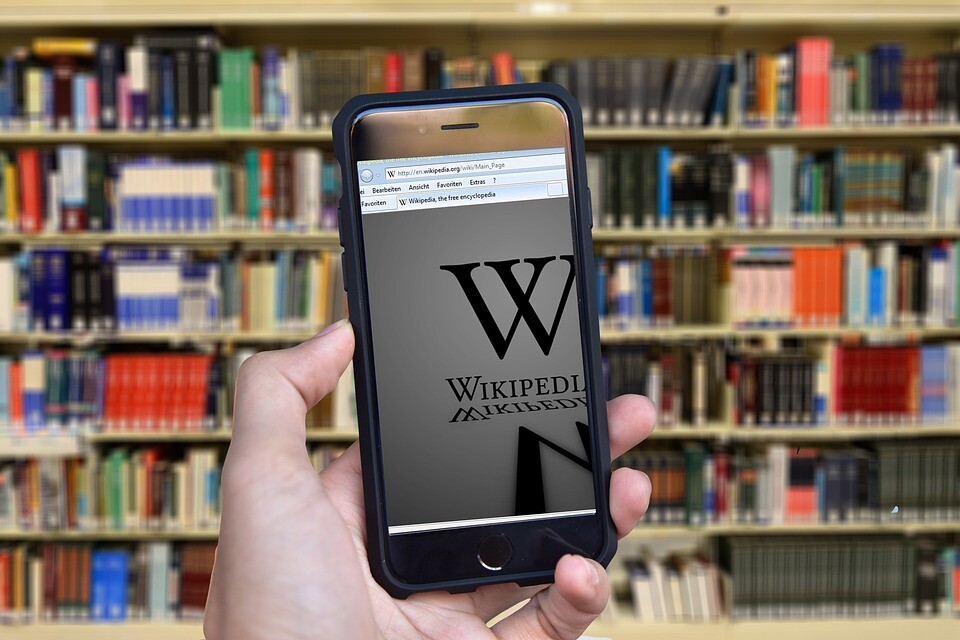
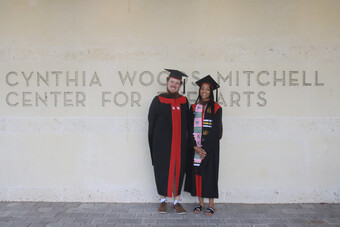

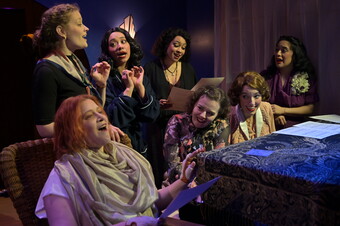


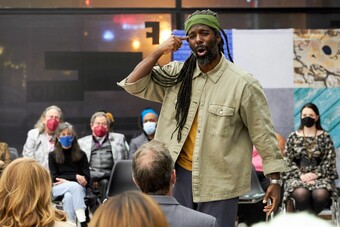




Comments
The article is just the start of the conversation—we want to know what you think about this subject, too! HowlRound is a space for knowledge-sharing, and we welcome spirited, thoughtful, and on-topic dialogue. Find our full comments policy here
Thanks for this post! I think it is amazing that you go into so much research in order to actually -understand- the content of your dramaturg.
I have to agree with you about Wikipedia. Honestly, I use the footnotes often! They are very helpful when researching.
I have also found the website newspapers.com very reliable. It's a great primary source.
What a fabulous post. This is straightforward information any artist can utilize!
I especially like your nod to Wikipedia. The prejudicial backlash against it is reactionary and foolish. Wikipedia is precisely what Diderot and the philosophes of the Enlightenment were attempting to create. Their attempt to incorporate and disseminate all of the world's knowledge was limited by the technology of their times. Whenever I tell my students to use Wikipedia as their gateway, they look askance. When I tell them why, they become enthused. Now openly authorized (even encouraged) to use Wikipedia, they inevitably move on to a wider range of sources. Knowledge and synthesis are the goals and they should be facilitated, rather than encumbered.